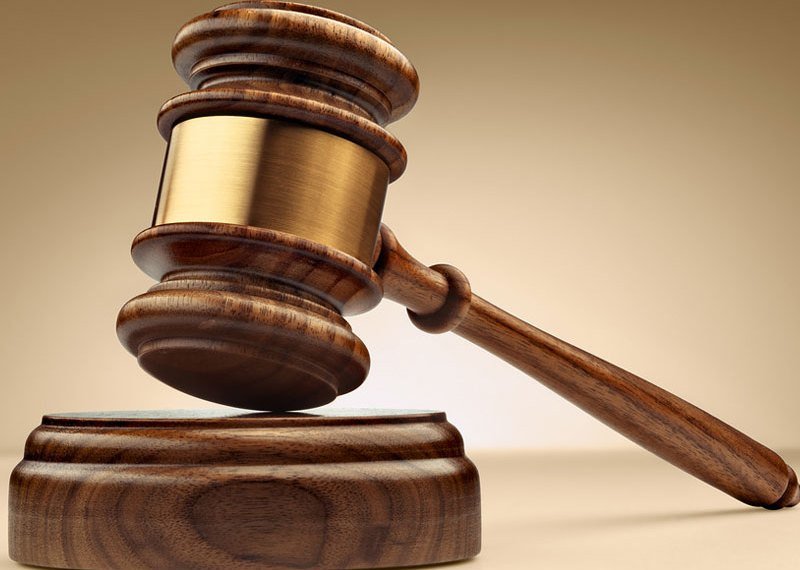The United States has accused the Nigerian government of re-trafficking women and girls by forcibly returning them to Boko Haram “husbands” and other traffickers, in spite of official claims of combating modern slavery and sexual exploitation.
In its 2025 Trafficking in Persons (TIP) Report, released on Tuesday, the U.S. Department of State faulted Nigeria’s victim protection measures, noting that women and girls rescued from insurgents in the North-East were often treated as criminals rather than survivors of sexual slavery.
“In some cases, authorities detained or returned victims to their Boko Haram husbands and traffickers,” the report stated, warning that insufficient screening in Borno State had left many vulnerable victims exposed to renewed exploitation.
While acknowledging progress in prosecutions—744 investigations, 71 prosecutions, and 49 convictions in 2024—the report insisted that corruption within law enforcement and the judiciary continued to obstruct justice.
It cited instances where security operatives, immigration officers, and even staff of the National Agency for the Prohibition of Trafficking in Persons (NAPTIP) were implicated in trafficking crimes or solicited bribes from victims.
The report further revealed that shelters remained inadequate, with some victims forced to share detention facilities with their traffickers due to limited space.
It also criticised NAPTIP’s closed-shelter policy, which restricts residents’ freedom of movement, including children’s access to education.
Although the government increased funding for victim support from ₦50.8 million in 2024 to over ₦128 million in 2025 and officially identified more than 2,000 victims, the U.S. noted that reintegration support remained weak, leaving survivors at risk of re-trafficking.
Rights groups have long alleged that counter-terrorism operations in the northeast often criminalise women and children linked to Boko Haram, instead of rehabilitating them.
The U.S. echoed these concerns, warning that Nigeria’s current approach “violated international norms and reinforced cycles of exploitation.”
The State Department urged Abuja to strengthen screening of vulnerable populations, expand shelters, activate the victims’ trust fund provided under the Trafficking in Persons Act, and hold complicit officials accountable.
“Corruption involving trafficking crimes, including among law enforcement officials and the judiciary, remained significant concerns and contributed to impunity for traffickers,” the report stressed.
Do you want to share a story with us? Do you want to advertise with us? Do you need publicity for a product, service, or event? Contact us on WhatsApp +2348183319097 Email: platformtimes@gmail.com
We are committed to impactful investigative journalism for human interest and social justice. Your donation will help us tell more stories. Kindly donate any amount HERE




